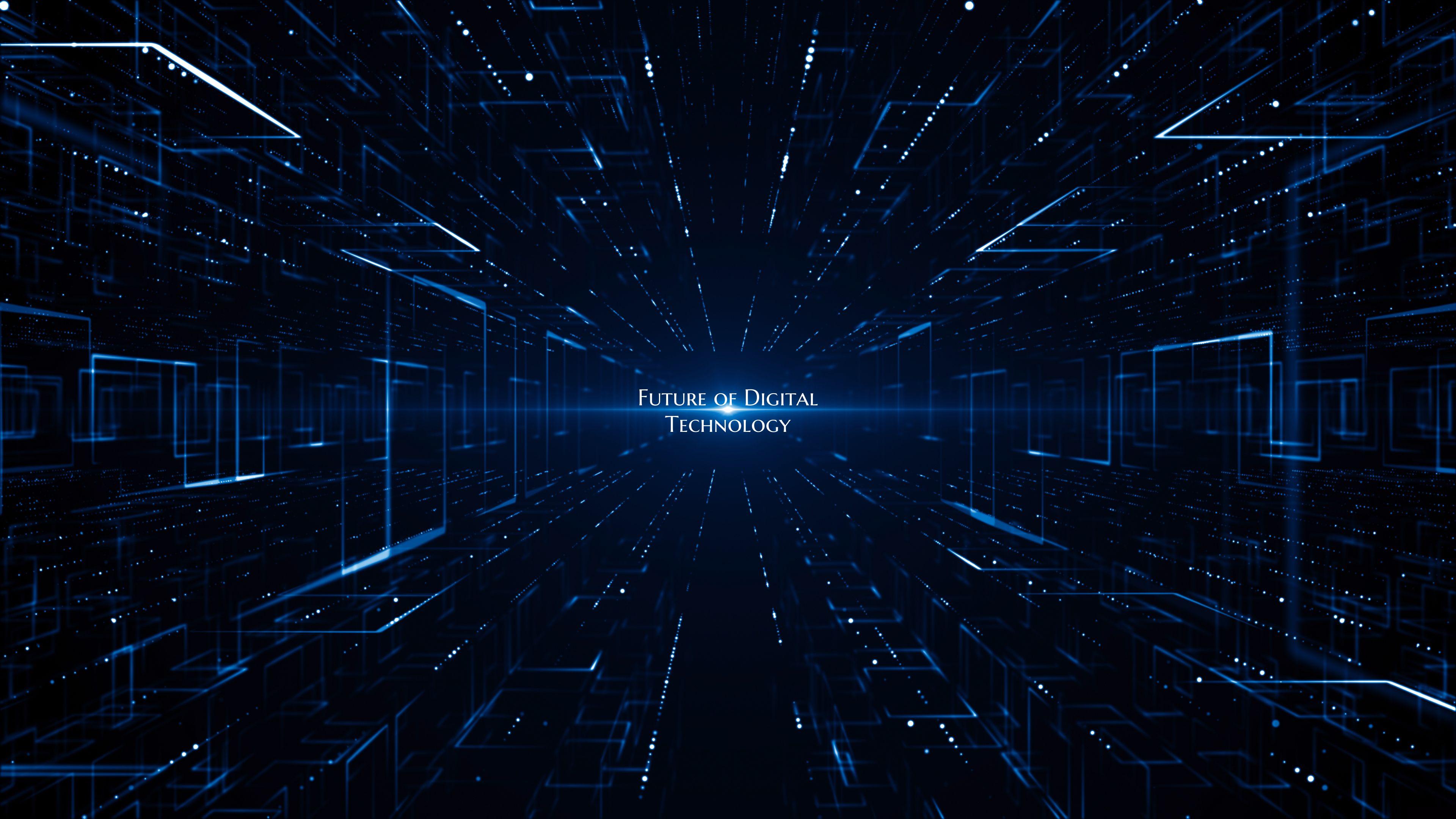Future of Digital Technology
In recent years, digital technology has rapidly transformed various aspects of our lives, revolutionizing how we communicate, work, and interact with the world around us. As we look ahead, the future of digital technology promises even more groundbreaking advancements that are set to reshape industries, societies, and the way we live.
One of the most notable trends in the future of digital technology is the rise of artificial intelligence (AI) and machine learning. AI algorithms are becoming increasingly sophisticated, enabling machines to learn, reason, and make decisions autonomously. This has vast implications across a wide range of fields, from healthcare and finance to transportation and manufacturing. As AI continues to evolve, we can expect to see greater automation, improved efficiency, and new opportunities for innovation.
Another key aspect of the future of digital technology is the Internet of Things (IoT), where everyday objects are connected to the internet and can communicate with each other. This interconnected network of devices has the potential to create smart homes, cities, and workplaces that are more efficient, sustainable, and responsive to our needs. From smart appliances that can be controlled remotely to sensors that monitor environmental conditions, the IoT is poised to revolutionize how we live and interact with our surroundings.
In addition to AI and IoT, other emerging technologies such as blockchain, virtual reality (VR), and 5G connectivity are also set to play a significant role in shaping the future of digital technology. Blockchain technology offers secure and transparent transactions, VR opens up new possibilities for immersive experiences, and 5G promises ultra-fast and reliable connectivity that will enable new applications and services.
As we look forward to the future of digital technology, it is important to consider the broader implications of these advancements. While these technologies hold immense promise in terms of improving efficiency, enhancing convenience, and driving innovation, they also raise concerns about privacy, security, and ethical implications. It will be crucial for society to address these challenges proactively to ensure that the benefits of digital technology are realized in a responsible and sustainable manner.
In conclusion, the future of digital technology is bright and full of potential. With advancements in AI, IoT, blockchain, VR, and 5G on the horizon, we can expect to see a world that is more connected, intelligent, and efficient than ever before. By embracing these technologies thoughtfully and responsibly, we can unlock new opportunities for growth, creativity, and progress in the digital age.

